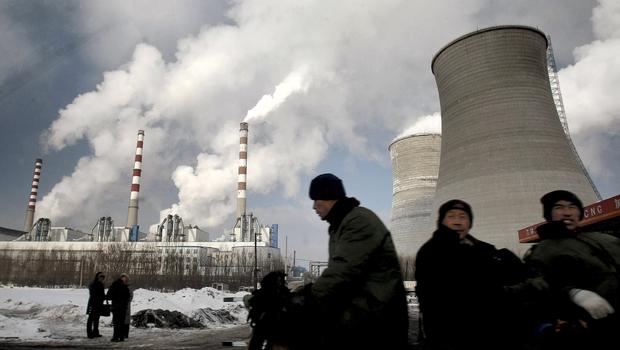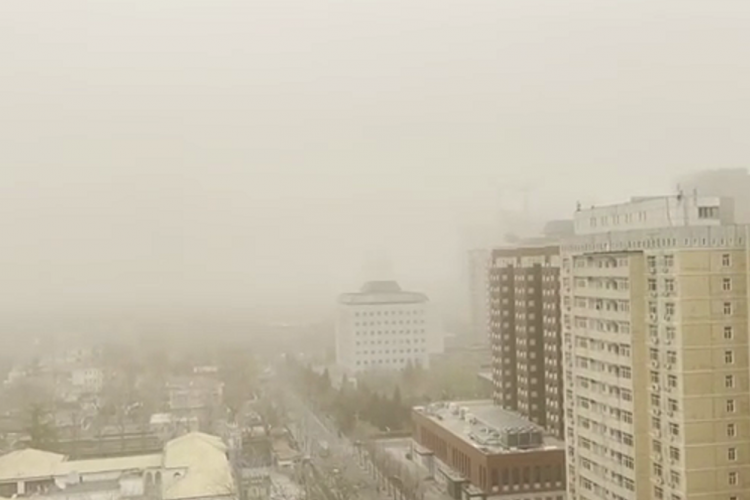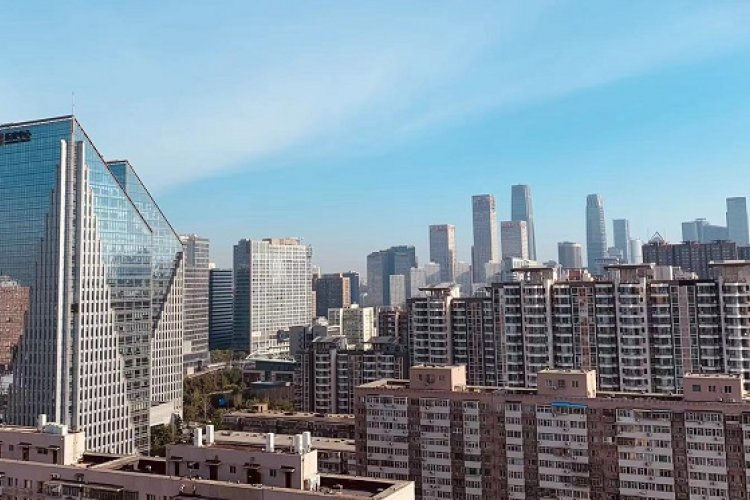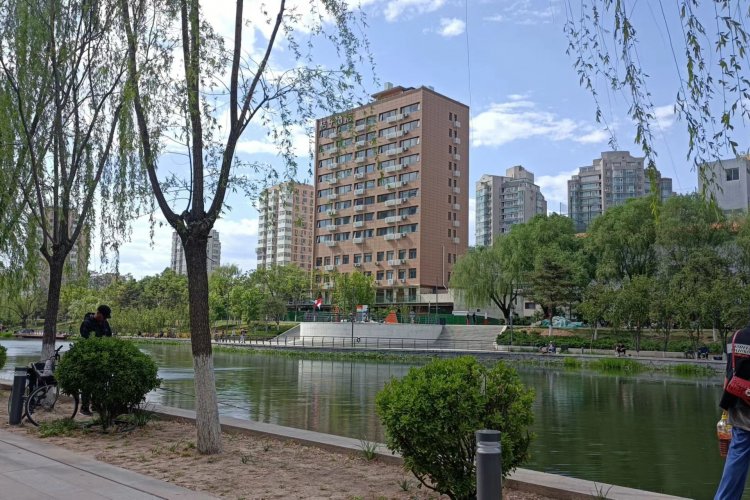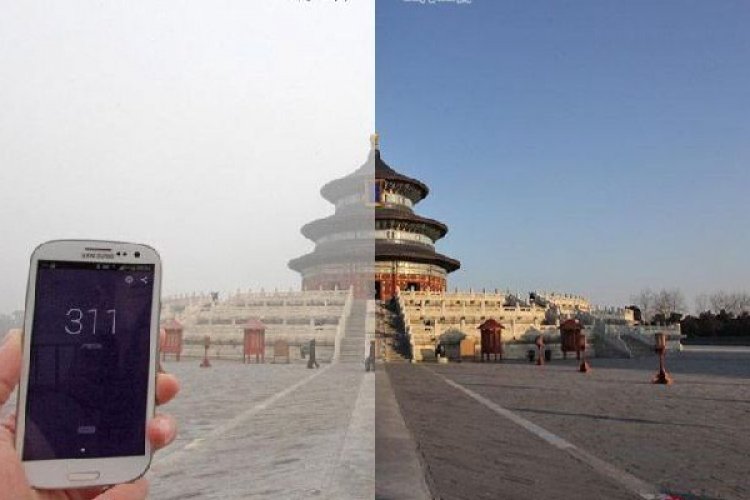Beijing Aims to Smash its 2013 Targets by Reducing Coal Burning by 30 Percent This Year
Beijing mayor Cai Qi has announced government plans to further reduce coal burning within the municipality by 30 percent this year. The plan hinges on completely eliminating the burning of coal in six major Beijing districts, as well as in the southern plains outside the metropolitan area.
The new plan will bring the city far ahead of its 2013 reduction targets, made in response to that year's extreme pollution. In 2013, a Beijing Environmental Protection Bureau report revealed Beijing’s levels of PM2.5 particles had reached 85.9 micrograms per cubic meter, more than double the national standard of 35 micrograms.
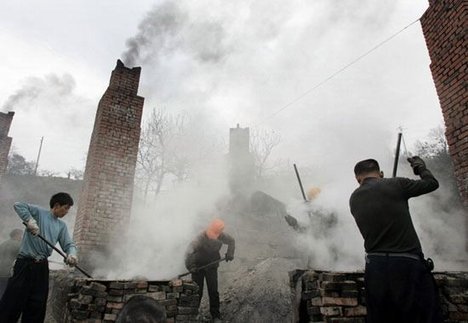
In response to the report, the Beijing government set the target of reducing coal consumption from 22 million tonnes to below 10 million tonnes by 2017. This latest measure is set to reduce Beijing’s coal consumption to less than seven million tonnes by year’s end. Below is a roundup of major measures taken since 2013 to reduce Beijing’s reliance on coal.
2013
- Beijing announces plans to close major coal burning plants within the municipality by 2017.
- Beijing announces plans to remove most of the city’s coal-fired heating plants by the end of 2015.
- Beijing begins a crackdown on outdoor grilling, smashing thousands of coal-fired chuan'rbecues in neighborhoods across the city.
2014
- Beijing closes a power plant owned by Beijing Datang Corp, the first of four major Beijing power plants marked for closure.
- Beijing Government vows to eliminate coal burning in all of the city’s power plants by 2020.
2015
- Beijing closes two more of the city’s four major coal-fired power plants, owned by Beijing Energy Investment Holding Co., and Guohua Electric Power Corp, respectively.
- The closure of the Guohua Power Plant heralds the demise of the city’s largest smokestack, located just behind the Ritz-Carlton on Dawang Lu.
2016
- Beijing closes the last of its four major coal-fired power plants, owned by China Huaneng Group Corp.
- Beijing announces a plan to close all of its coal mines by 2021, thereby shutting down over six million tonnes of coal production in the next six years.
Since making its 2013 commitment, the Beijing government has closed its four major coal-fired power plants and is in the process of replacing them with natural gas power plants. In the meantime, however, as the gas-powered plants come online and as China builds its capacity to move and store natural gas, Beijing is importing much of its power from other provinces, meaning that while we may be burning less coal in the capital, coal is still being burned close by for our benefit.
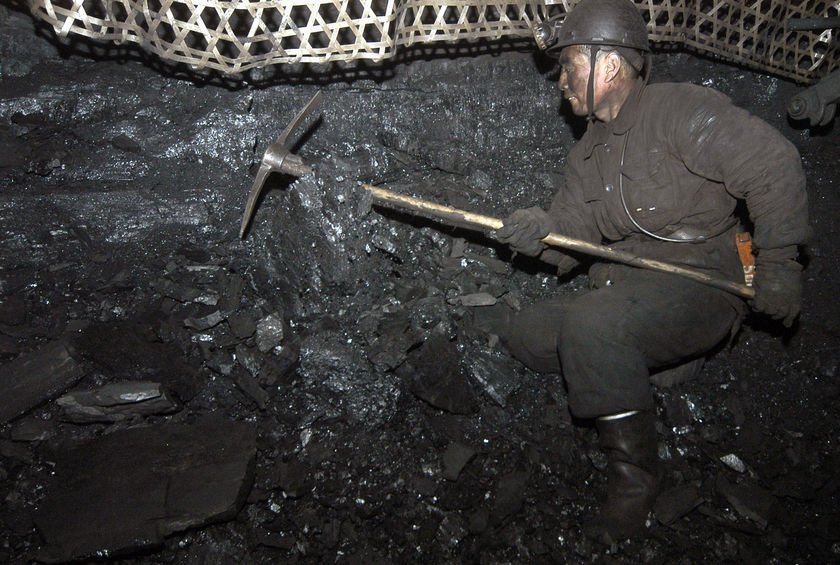
While no longer counting towards Beijing’s coal burning statistics, this kind of transboundary power production is still likely to be affecting our city’s air quality. In a 2016 interview, Greenpeace climate and energy campaigner Dong Liansai stated that about 50 percent of Beijing’s air pollution is due to transboundary movement of pollutants from surrounding provinces.
READ: How Hard Can It Be to Supply Public Works Employees With Anti-Pollution Masks?
Beijingers hoping for 365 clear blue days a year – or at least PM2.5 averages within the nationally acceptable standards – will still need to keep an eye on the development of China’s natural gas infrastructure and pricing. It’s likely that Beijing will become a fully gas-powered city within the next few years, but coal is still by far the cheapest source of power in China. Until gas becomes a competitive source of power for our neighboring provinces we’re likely to see many more gray sky days.
Read more articles by this author here.
Photos: cbsnews.com, blogs.dulwich-beijing.cn, waterinspector.com.au
Related stories :
Comments
New comments are displayed first.Comments
![]() RadioDJ38
Submitted by Guest on Wed, 02/15/2017 - 09:56 Permalink
RadioDJ38
Submitted by Guest on Wed, 02/15/2017 - 09:56 Permalink
Re: Beijing Aims to Smash its 2013 Targets by Reducing Coal...
So...I have a question. With all the power plants being closed down, what is happening to all the workers at the plants? Is the government giving them some kind of compensation for putting them out of a job?
Also...to all of you who are excited about the Beijing government closing the coal plants in Beijing and surrounding areas, and looking forward to clear, blue skies...pay attention to this important part of the article: "In a 2016 interview, Greenpeace climate and energy campaigner Dong Liansai stated that about 50 percent of Beijing’s air pollution is due to transboundary movement of pollutants from surrounding provinces."
Therefore, hopefully in the near future ALL of China will be able to steer away from the use of coal and then the environment and air quality will truly be cleaner.
Validate your mobile phone number to post comments.

